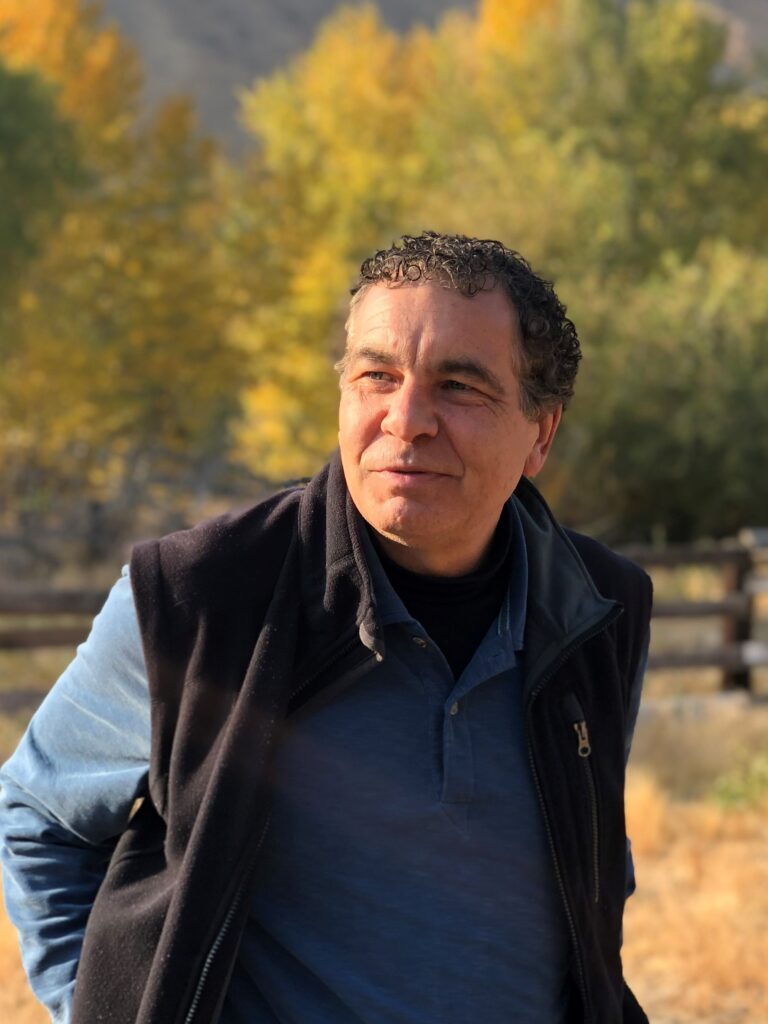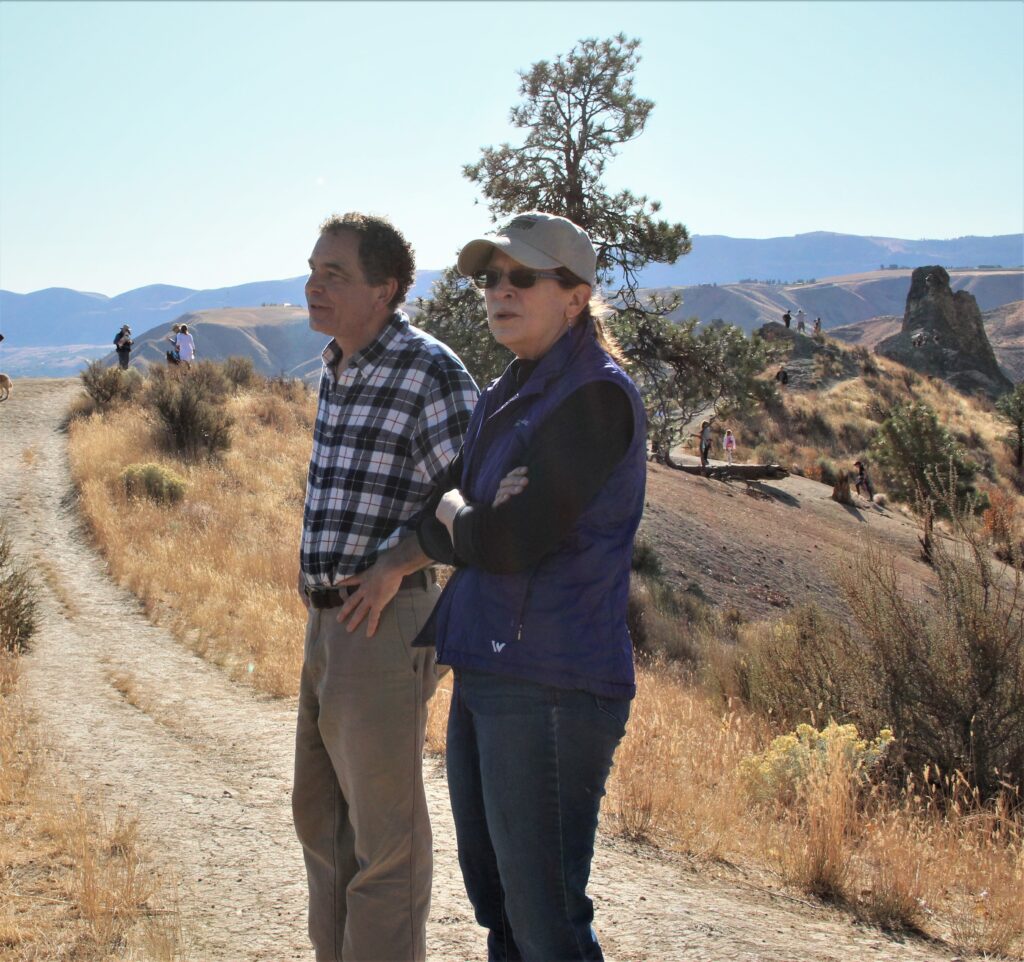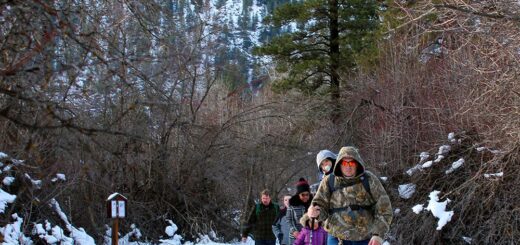Under Curt Soper, Chelan-Douglas Land Trust expanded its impact in our region
When it comes to strengthening community by bringing people together to find common ground, the Chelan-Douglas Land Trust stands out as one of the most influential and effective organizations in North Central Washington.
Virtually everyone in this valley and region loves the natural beauty here and CDLT has been instrumental in reminding us of that common ground and creating opportunities for people to work together to enhance public access and protect critical lands for generations to come.
CDLT’s third executive director, Curt Soper, is retiring after six productive years at the helm. He’s making way for the organization’s first female leader, Eunice Youmans.
There are important lessons to be learned from the success of CDLT that we can apply to the challenge of fostering stronger communities. While CDLT is focused on conserving land and protecting our environment, it has pursued those goals in a humble, collaborative manner with a focus on building strong relationships across the political spectrum.
Soper is quick to point out that what was accomplished during his tenure was possible because of his predecessors, Gordon Congdon and Bob Bugert, as well as the staff and members of CDLT.
During Soper’s tenure, CDLT expanded its presence in Douglas County. A good example is the conservation easement that CDLT and the Keane family entered into to permanently protect 6,700 acres that provides habitat for greater sage-grouse and other species. That conservation easement supports the Keane family’s farming operation and guarantees that the land will be permanently protected from development.
Soper said the Keane family and others work hard, care deeply about their land and are serious about protecting the environment. This kind of win-win scenario is what land trusts do so well.
Projects like this debunk the myth that protecting the environment and running successful businesses are mutually exclusive. For long-term sustainability, we need both.
Another CDLT success during Soper’s tenure was development of the Cashmere Canyons Preserve up Nahahum Canyon. The organization worked with private landowners to develop walking trails on a little more than 2,000 acres close to the town of Cashmere that provide stunning views of the Cascades that will benefit the community in perpetuity.
A third significant project involved the protection of Nason Ridge above Lake Wenatchee. Weyerhaeuser, at the time, owned the property and was planning to extensively cut timber on the property. CDLT, in collaboration with the Western Rivers Conservancy, purchased the land to protect the viewscape as well as recreational access. A community forest grant program, administered by the state’s Recreation and Conservation Office, has been developed so that the lands will be managed for multiple purposes, including timber production, wildfire mitigation, recreational use and wildlife habitat.
CDLT is also deeply involved in important salmon habitat projects by protecting and restoring lands and waters along Nason Creek, the White River, and Entiat River, to name a few.
“A hallmark of the land trust is that everything is willing,” Soper said. “We don’t want to twist anyone’s arm or force anybody to do anything. That doesn’t work long-term,” he added.
These projects, and others that CDLT is engaged in, wouldn’t happen without local financial support from its members as well as the ability of CDLT to get state, federal and private grants.
Soper says he’s staying in the valley and will continue his involvement with conservation work as a volunteer as well as pursuing his passion for playing music. He’s made a few appearances with the bluegrass and folk-tinged Saddle Rockers and I suspect we’ll see him in future performances.
We owe Soper and the CDLT team our appreciation for showing us how to build community effectively. I can’t wait to see how Eunice Youmans will take CDLT to the next level. Soper, who retires at the end of September, thinks she’s going to be a huge asset for CDLT and our communities.



